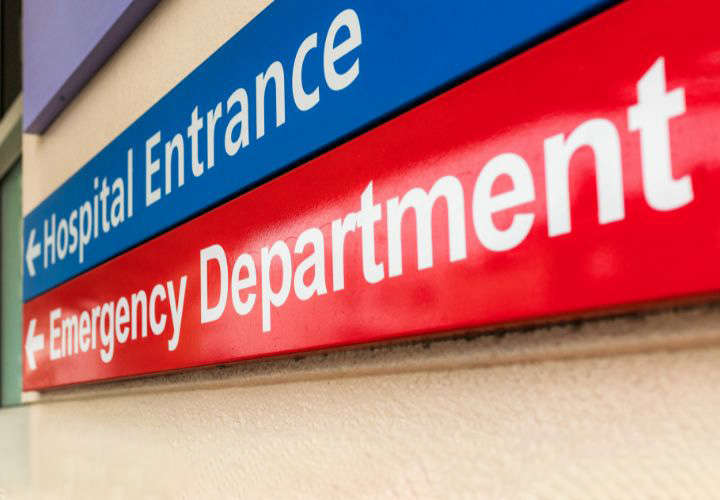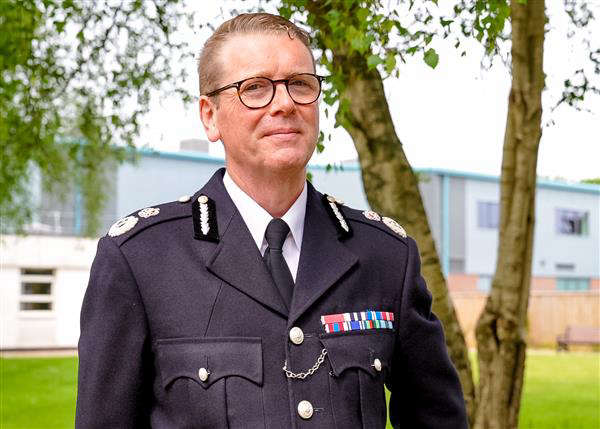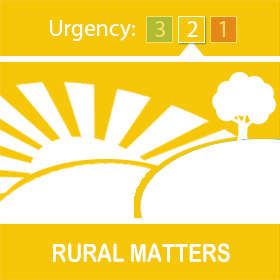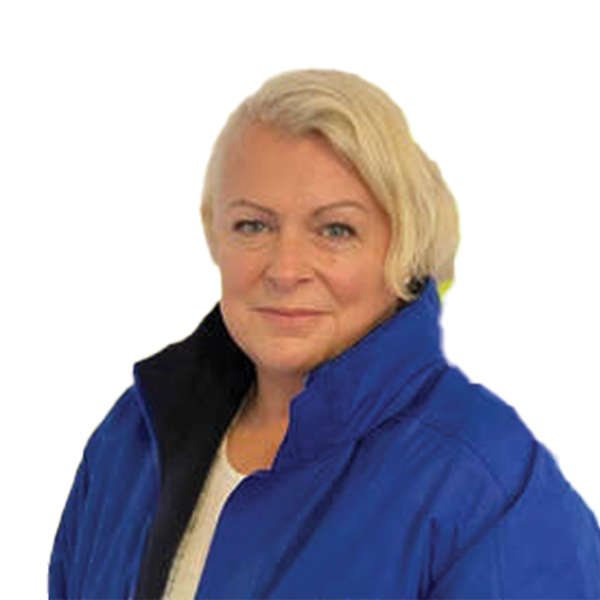
Residents of Devon are being encouraged to alleviate strain on crowded hospitals during the half-term period by utilising NHS 111 services and nearby urgent treatment centres and minor injury units.
Emergency Departments (EDs) across the counties are experiencing exceptionally high levels of demand, with numerous ambulances queued outside for patient handovers.
With hospitals experiencing a surge in patient numbers, NHS officials are urging individuals with less severe medical needs to seek assistance from NHS 111, local urgent treatment centres, and minor injury units. Dr. Nigel Acheson, Chief Medical Officer, emphasised the importance of directing patients to appropriate care facilities promptly to potentially reduce waiting times and ensure efficient treatment allocation.
Dr. Acheson emphasised, "Our hospitals are facing unprecedented attendance levels, particularly with the upcoming half-term where families are engaging in outdoor activities across Devon. It's vital for individuals to access local healthcare services for non-life-threatening conditions, allowing EDs to prioritise critical cases. If you require urgent medical advice outside of regular GP hours, NHS 111 is available for guidance, directing patients to EDs or alternative treatment centres as necessary."
Additionally, hospitals are grappling with challenges posed by norovirus and other viruses, prompting a reminder for individuals not to visit hospitalised friends or relatives if exhibiting symptoms of norovirus or COVID-19. Dr. Matt Thomas, Executive Medical Director of the South Western Ambulance Service NHS Foundation Trust, stressed the importance of responsible use of healthcare services during the February half-term. He urged individuals to contact NHS 111 or visit local pharmacies for non-emergency medical concerns, reserving 999 calls for life-threatening emergencies.
Dr. Thomas extended appreciation to healthcare professionals for their dedication amidst mounting pressures, urging the public to show kindness to frontline workers.

 Criminal investigation into suspended Chief Constable dropped
Criminal investigation into suspended Chief Constable dropped
 Devon families receive their primary school place offers
Devon families receive their primary school place offers
 Theft of Quad Bike / Livestock Trailer and / Farm Tools - Tiverton and Withleigh Area
Theft of Quad Bike / Livestock Trailer and / Farm Tools - Tiverton and Withleigh Area
 Stay vigilant for ticket fraud ahead of top events and concerts this summer.
Stay vigilant for ticket fraud ahead of top events and concerts this summer.











